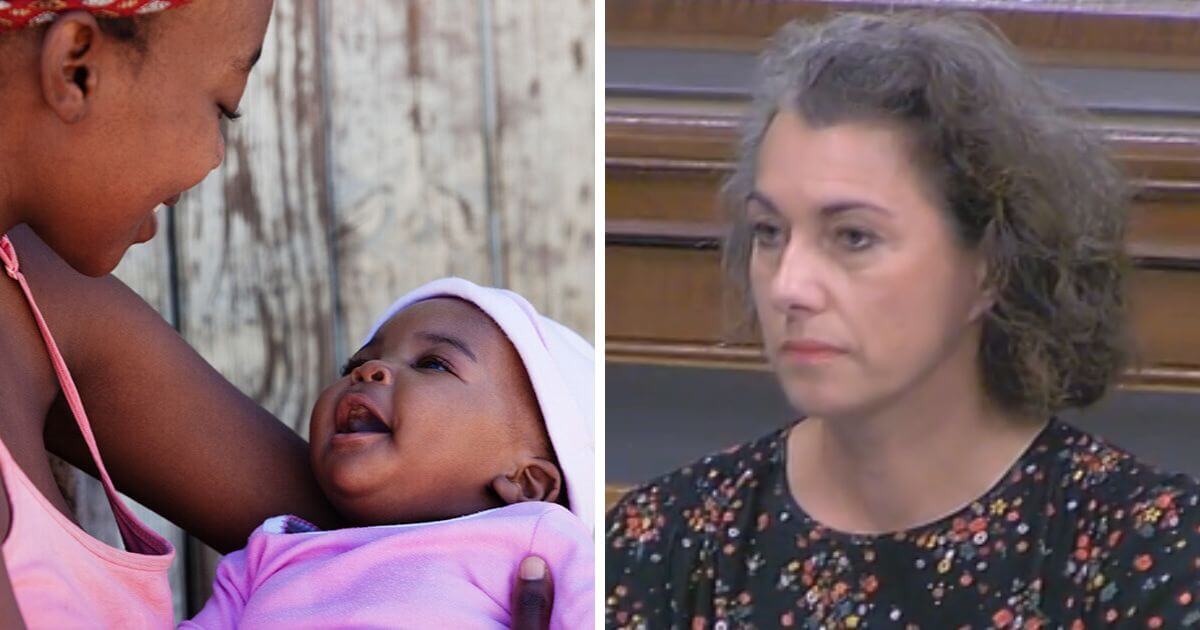MPs have snubbed calls to increase overseas funding for abortion at a near-empty Westminster Hall debate on “Sexual and Reproductive Health and Rights: Overseas Aid”.
Sarah Champion, Labour MP for Rotherham, addressed a near-empty debate hall to “champion” abortion and call for the Government to commit to increasing funding for overseas abortion as part of its international development commitments.
The near-empty debate was attended by pro-abortion MP Sarah Champion, Andrew Mitchell – who was the Government minister required to respond in the debate – and two other MPs who made brief interventions that were around ten seconds each.
In her opening speech, Ms Champion spoke about ensuring that “women and girls are empowered to make decisions about their own bodies”, explicitly referring to abortion in the latter half of her speech. Her call for greater spending comes after international abortion providers had their funding cut by up to 85% when the foreign aid budget was reduced as a result of the financial pressures of the COVID-19 pandemic.
Abortion providers receive bulk of funding
In March 2023, the Foreign Commonwealth & Development Office (FCDO) launched the Women and Girls Strategy, which allocated up to £200 million of taxpayers’ money on the Women’s Integrated Sexual Health (WISH) project for programmes that provide abortion overseas. WISH is implemented by international abortion providers MSI Reproductive Choices (formerly Marie Stopes International) and IPPF (International Planned Parenthood Federation) as well as Oxford Policy Management.
Calls to make abortion “mainstream”
Encouragingly, both interventions from the two MPs who attended the debate, focused on maternal and infant mortality, and maternal mental health. However, Ms Champion pivoted the discussion back to abortion, claiming that “mainstreaming safe abortion services and post-abortion care is [sic] essential to reduce maternal morbidity and mortality”.
The MP for Rotherham highlighted the UK’s approach to providing abortion via telemedicine as a successful example of such mainstream ‘safe care’. However, evidence, including the recent case of Carla Foster, shows that there are serious problems with the provision of abortion in the UK.
Campaigner urges people to “reject this kind of neocolonialism”
In a recent report entitled “Africa’s Pandemic: A Gateway to Neo-Colonialism”, Obianuju Ekeocha, a Nigerian filmmaker, author, and social activist, highlighted that when the need for food, water and basic healthcare was far more acute (during the pandemic and arguably now still), “[Western] donors seem to be much more concerned with furthering the territories of the abortion movement”. She goes on to note that those in Africa should be heard in Africa, and should “reject this kind of neocolonialism …”.
65% of British public opposed to taxpayer funded overseas abortion
Right To Life UK spokesperson Catherine Robinson said “Recent polling shows that 65% of the general population oppose taxpayer money going to fund abortions overseas. It is unsurprising that only two MPs made brief contributions to this debate as there is little public appetite for funding abortions overseas”.
“Although politicians champion access to ‘safe’ abortion, it is important to remember that an abortion is never safe for the unborn child whose life is ended”.
“Time and again, money that is pledged to support women and girls is funnelled into the pockets of international abortion providers. When many in this country and overseas are struggling with basic living costs, it is baffling to see foreign aid being spent on abortion. Rather than increasing overseas funding for abortion, the Government should reconsider the misappropriation of taxpayers’ money and cease all spending on abortion provision overseas”.











